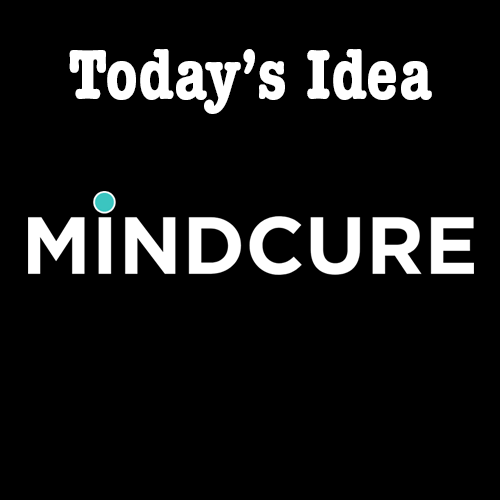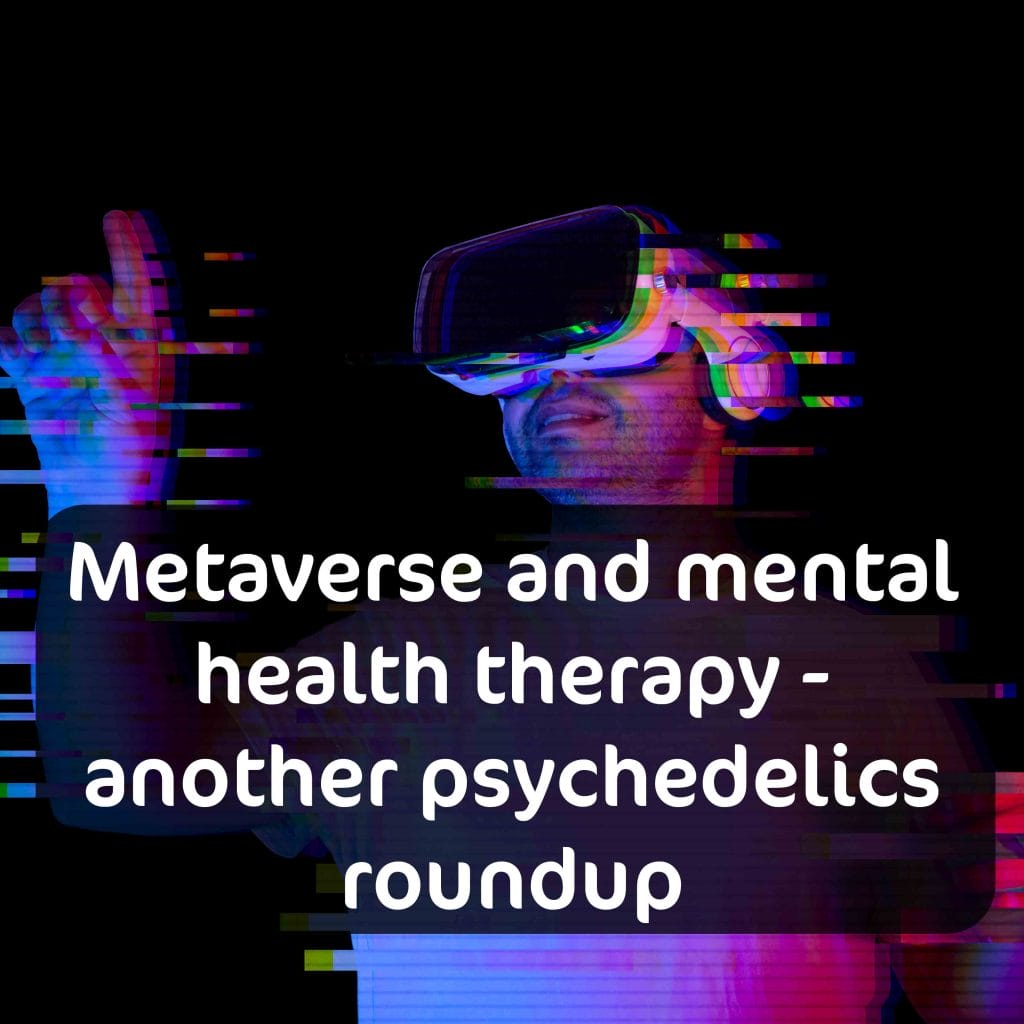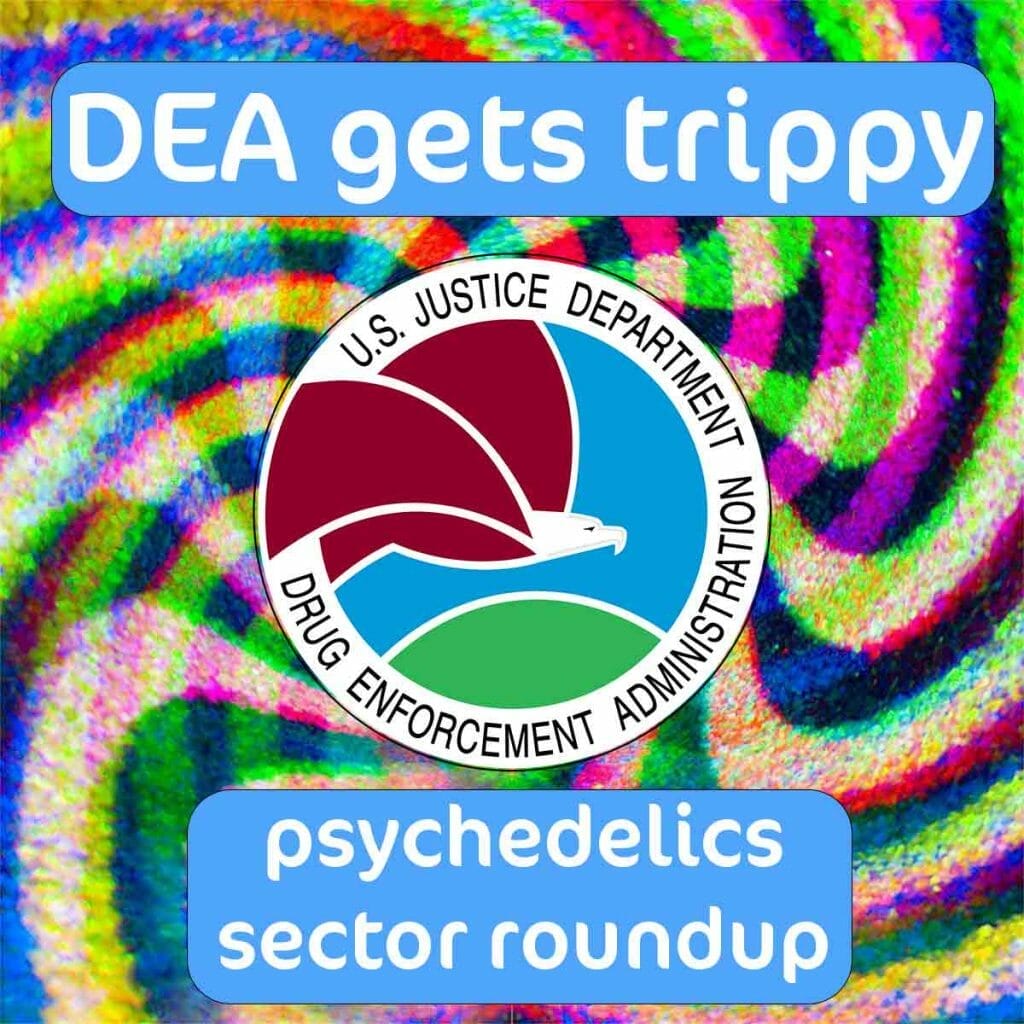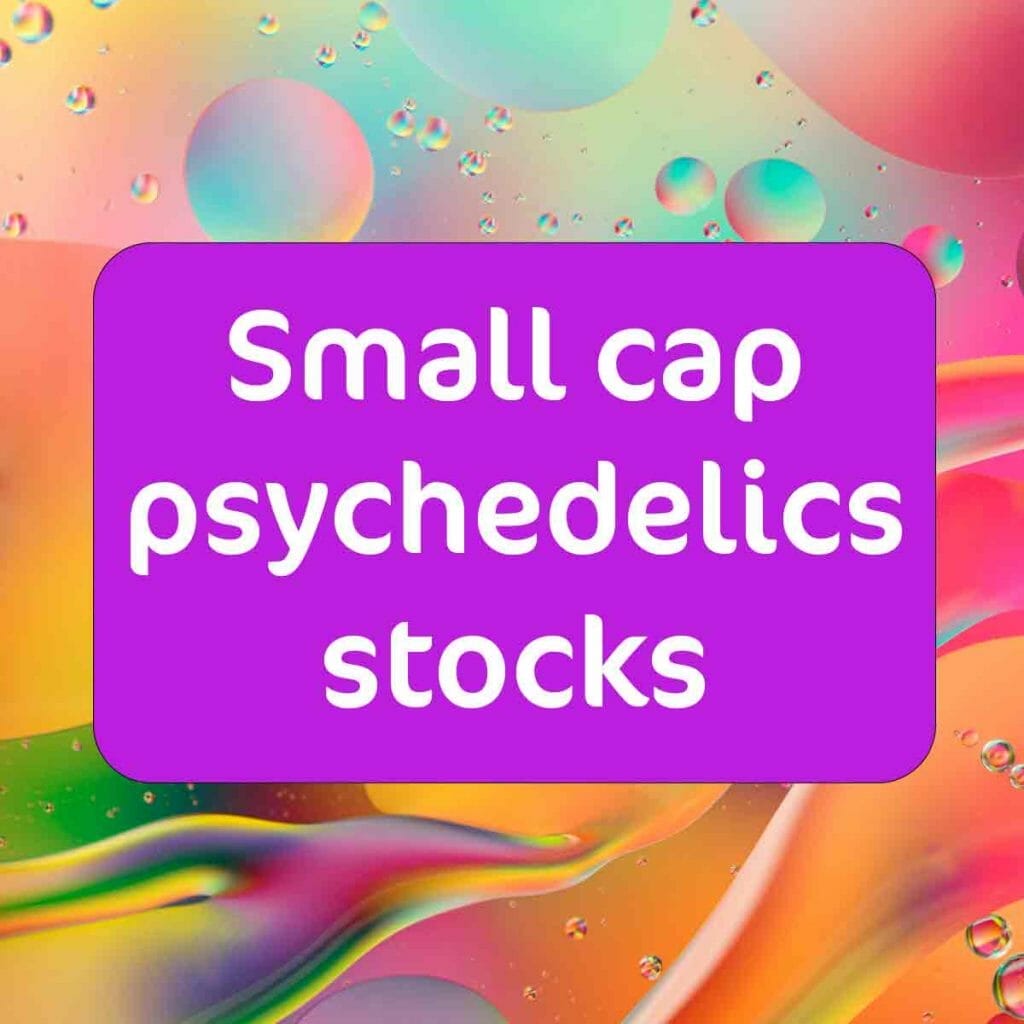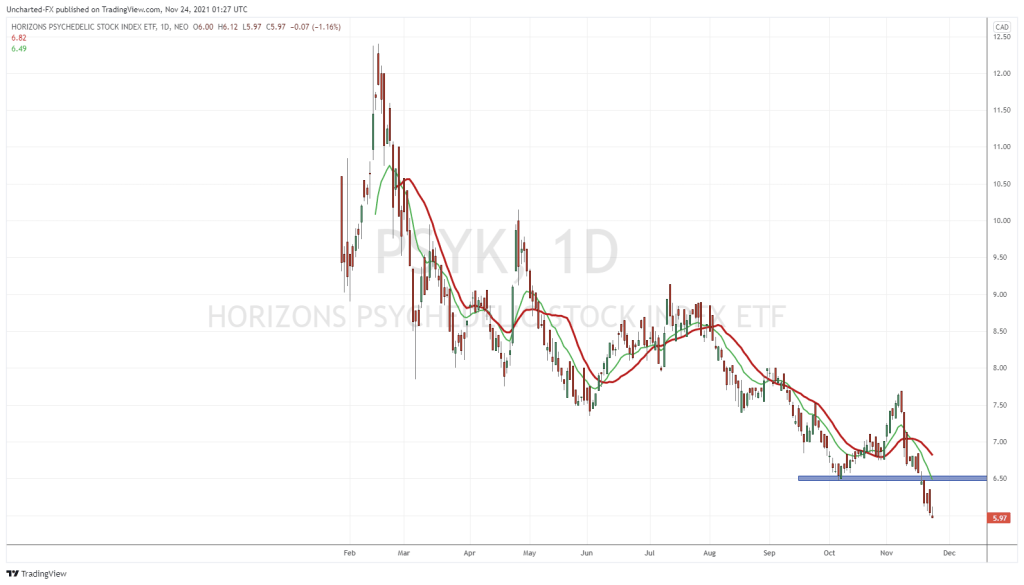The World Health Organization (WHO) has listed depression as a leading cause of disability worldwide and a major contributor to the overall global burden of disease. Unfortunately, traditional treatments aren’t providing the sustainable answers we need, so companies like Mind Cure Health (MCUR.C) have integrated ancient therapeutics with modern modalities and technologies to effectively heal our hearts and minds.
To combat the typical narrow-minded and relatively ineffectual mental health treatment paradigm, Mind Cure Health embraced the aeons old practice by wise women and shamans of natural psychoactive-assisted rituals, reclaiming these therapies’ legitimacy after Timothy Leary’s self-interested pursuit of societal subversion ruined researchers’ ability to clinically study psychoactive drug impacts on mental health remedies.
Until high-profile figures like sports celebrities recently stepped forward, mental health issues were wrongly deemed to be conditions of the weak and drug-addled but as former wrestling superstar and A-list actor, Dwayne Johnson tweeted:
Got tons of responses to this. Thank you. We all go thru the sludge/shit and depression never discriminates. Took me a long time to realize it but the key is to not be afraid to open up. Especially us dudes have a tendency to keep it in. You’re not alone
— Dwayne Johnson (@TheRock) April 2, 2018
With 280 million people around the world suffering from depression, the potential in the psychedelics space for good works and public market value are great. Mind Cure has positioned itself to benefit from both.
Drug Development
The company’s drug division is currently researching two areas:
- The Ibogaine Project: Developing a synthetic molecule of Ibogaine for the therapies geared toward healing addiction, migraines, cluster headaches, neuropathic pain, treatment-resistant disorders and much more. Lab synthesis of Ibogaine ensures pharmaceutical-grade dose accuracy as well as reliable treatment results compared to naturally extracted versions. This approach also ensures access to natural ibogaine for cultures who currently utilize the compound in ritual practices and healing ceremonies.
- The Desire Project: Researching the use of MDMA as a psychotherapeutic companion in the treatment of Hypoactive Sexual Desire Disorder (HSDD) which impacts an estimated 9.5 million premenopausal women in the U.S. alone.
Digital Technology
Mind Cure has developed an industry-leading, first-of-its-kind software application, iSTRYM. The ground-breaking digital platform helps drive optimal psychotherapy outcomes in psychedelic-assisted mental health treatments.
The actionable data produced by iSTRYM optimizes pre-session on-boarding for clinicians as well as assisting post-therapy integration. It’s customizable dashboards, personalized insights as well as AI-supported therapeutic interventions help cement the progress made by patients, giving them a solid foundation to build and maintain a happier life.
The icing on this cake is that the platform is agnostic and can be utilized for many different psychotherapies providing multiple avenues of revenue including clinic level subscription, per patient fees, licensing protocols as well as data sales.
The Psychedelics Space
Like Cannabis 1.0, the world is your oyster, unfortunately with no way to foretell how legalization will work or when it will happen, the psychedelics sector is full of vague long-term promises of success. On one hand, you have the billion-dollar unicorns predicting market domination with a wide array of psychedelic drug candidates, followed by technology solutions. Kinda like Canopy promising the world with its offering and like Canopy, most of these entities will power out and never live up to the valuations given.
Many industry analysts drool over the possibility of recreational psychedelics long before medical use has received wide-spread regulatory approval. Recreational cannabis makes up a sizable portion of legal cannabis’ value proposition, but it is unlikely that recreational psychedelics will ever be a thing and companies who discuss it as an option are entirely misinformed. As Kelsey Ramsden, Mind Cure CEO, phrased it during our interview:
“Cannabis is like driving a Honda where psychedelics are like driving a Ferrari. Psychedelics require far more care and as a result, may never have a legalized use outside of medical treatment.”
In the end, the hype is huge in psychedelics and investors need to avoid the bright lights and glowing promises so loudly provided by the army of also-rans clambering into the sector.
That said, there is tremendous opportunity in therapeutic psychedelics which is expected to be a $10.27 billion global market by 2027. Smart sector movers, like Mind Cure, will capitalize on that opportunity, while others will continue to promise to be a part of it.
For more opinions on the sector and Mind Cure’s future, check out the latest Investor Roundtable here.
The Company
Rightfully contrarian, Ramsden has focused on the development and delivery of Mind Cure’s technology to underpin the company’s continuing drug research. This means revenue in the short term and revenue whatever happens in psychedelic regulation.
Ramsden’s long history as an award-winning entrepreneur and cash is king attitude has created a tight financial ship in Mind Cure that continues to execute on a focused achievable mandate. Most recently illustrated by the company’s LOI with Awakn Life Sciences to distribute its ketamine-assisted psychotherapy for Alcohol Use Disorder (AUD) protocol in the U.S. and Canada through the iSTRYM digital platform.
The company is cash rich with approximately $18 million in the till. With 10 clinics on the closed beta of iSTRYM, Mind Cure is prepped for full commercial deployment to clinics across the U.S. and Canada in 2022.
I am only scraping the surface, so for deep fundamental details, check out TK’s analysis here.
The People
Kelsey Ramsden is a momentous force in an industry devoid of female leadership, but her experience, vision, and drive, are really what set her apart from the masses. She quotes Gretzky to illustrate her corporate philosophy:
“Be where the puck is going to be. You need to forecast a vision. How will this industry scale? Where are all the places within the psychedelics value chain that we can capitalize on? Once you determine that, you need to get in early to properly meet those future needs. For instance, when we started leading with technology, everybody said we were crazy, but it was the only logical place to go. Once we’ve sewn that up, we’ll focus on drug supply and clinic growth. I am working to build a solid sustainable value proposition, that’s what investors need, not promises.”
Mind Cure’s management, advisory and board is stock full of experts with proven track records in every avenue the company is pursuing including clinical drug research scientists, finance veterans, technology gurus and thought-leading psychotherapists. To name everyone and properly attribute their accomplishments and experience would require another article, so I will leave this link so you can peruse their expertise at your leisure.
For a more in-depth interview of Kelsey, check out the latest First Glance with Jody Vance.
Mind Cure trades at $0.32 CAD per share for a market cap of $29.41 million. As such, it has one of the highest cash to enterprise value ratios in the psychedelics space, so it isn’t saddled with justifying its worth and can proclaim its ready for action. If you want the technicals in more detail, check out Vishal’s analysis here.
In the end, I was wildly impressed with Mind Cure’s leadership, vision, execution, and potential. If management continues to meet its mandated milestones, the company has a realistic upside bordering on blue sky for those wishing to get in on the ground floor of a psychedelics investment opportunity. Go on, make the world a better place. Good luck to all!
–Gaalen Engen

